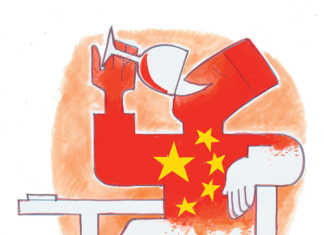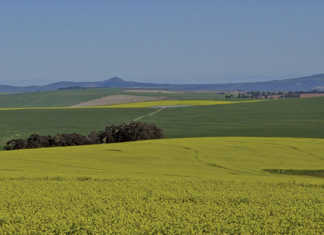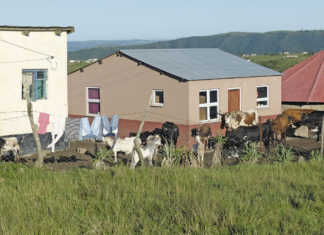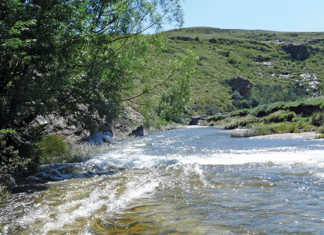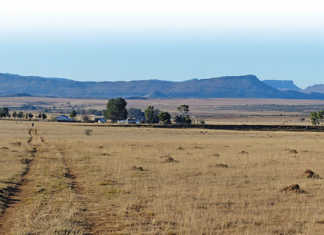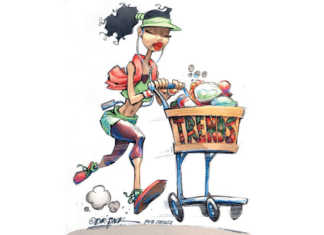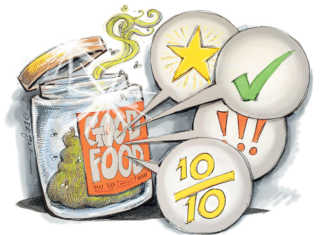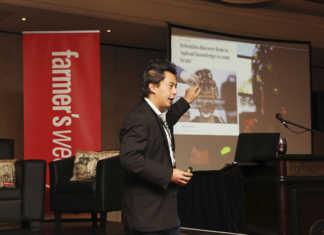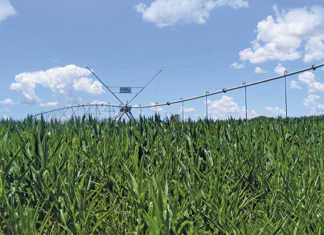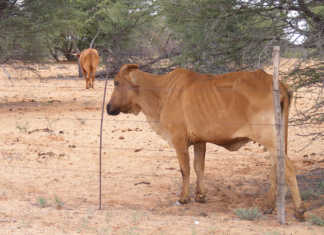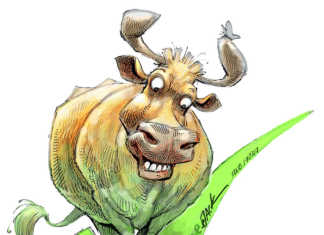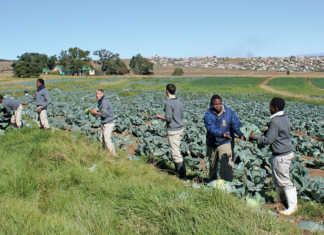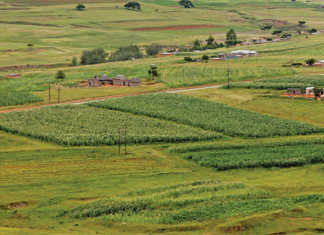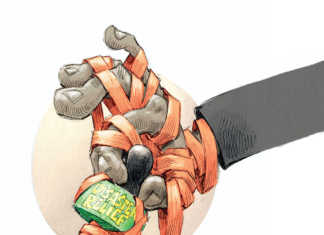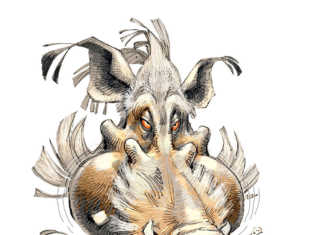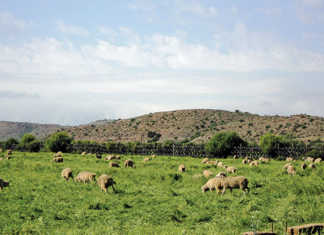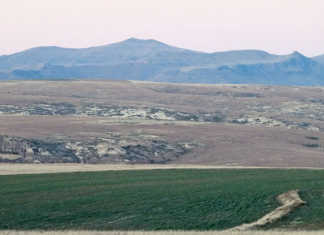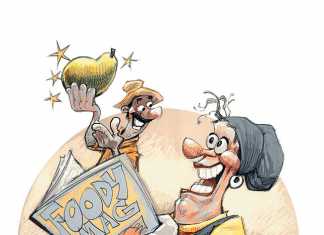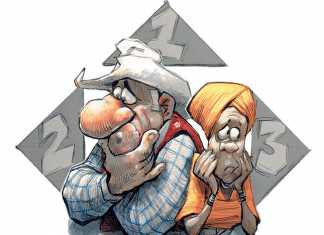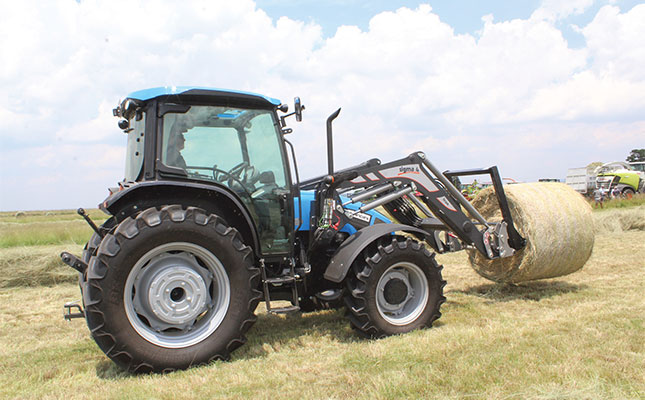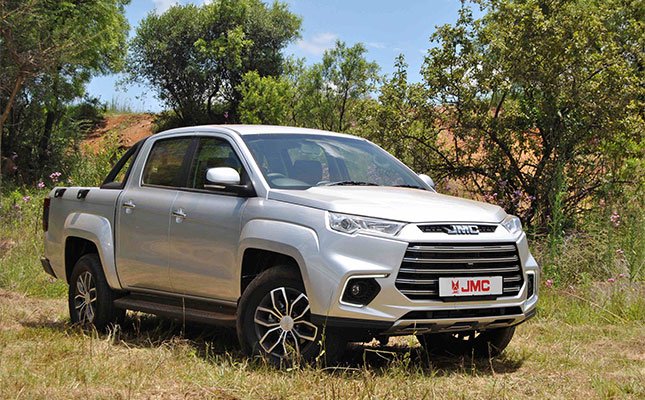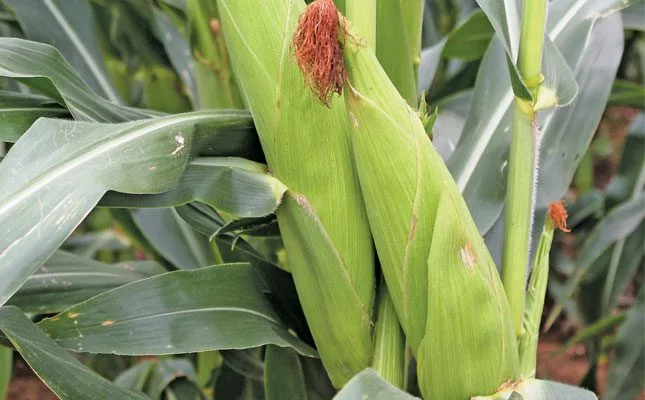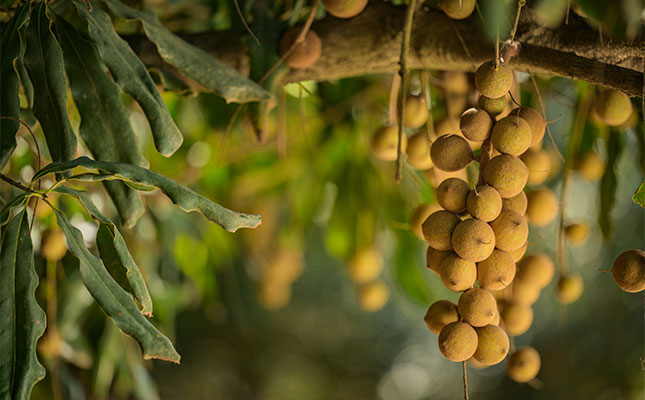China’s love affair with wine, and how SA can benefit
Chinese consumers’ growing affinity for wine, particularly imports from international premium wine producers, presents a growth opportunity for the South African wine industry, according to research conducted by Buyambo Mantashe of agriculture investment company, MM Agrivestment.
How to make use of long-term outlooks
These past weeks have seen the release of two of the most prominent decision-making tools for the farming sector: the local and global 10-year outlooks for the agricultural sector, published by the Bureau for Food and Agricultural Policy (BFAP), and the Organisation for Economic Cooperation and Development (OECD) respectively.
The three things black farmers need
There is something about the utter absurdity of watching President Jacob Zuma stand in front of an audience of honest, hard-working South Africans, saying things like, “Funds that are allocated for public services must be used for public services and nothing else”, and “Nobody is above the law in our country” that deepens the frown lines on my forehead and causes me to exhale uneasily.
Eighty-seven litres of water or less per day
On a recent visit to Cape Town, I experienced what Capetonians have been coming to grips with over the past few months: learning how to drastically curb daily water usage.
Let farmers handle transformation
In an article in this week's issue (28 July 2017) of Farmer's Weekly, former finance minister and current ANC MP, Pravin Gordhan, urges farmers to “make the first move” and “get the ball rolling” on transformation in the agricultural sector
Consumer trends are crucial for production decisions
Independent consumer researcher, Nadia van der Kolf, urges farmers to keep consumer trends in mind when planning production expansion.
Food label claims: true, misleading, or outright lies?
Consumers face a barrage of confusing, sometimes dubious, claims on food labels. This could end up harming consumer trust in the food value chain, and substantially damaging the industry and the environment.
Digital disruption of the agri value chain
Since October 2016, half the world’s population has been connected to the Internet. However, at only 30%, the number of connected people in Africa is still lower than the world average.
Population increase but not enough food
The farming sector generally views population growth as an opportunity rather than a challenge.
Introducing the Plantix plant doctor app
Up to 30% of crop yields are lost worldwide each year due to plant diseases and pests, says Simone Strey, CEO of Peat.
A message for the drought fund thieves
A survey by Agri SA and its provincial affiliates has started to lift the lid on the extent of corruption that occurred during the allocation and spending of money intended to support drought relief efforts.
The benefits of ecological beef cattle farming
Dr André Mentz, animal scientist and author of the book, Ecological Cattle Farming – A roadmap to sustainable cattle farming, says that ecologically friendly beef cattle production is now more important than ever, yet is largely ignored in favour of intensive systems. This is to the detriment of both the producer and the sector at large.
Agriculture does interest the youth
During May, I visited both the NAMPO Harvest Day agricultural show in Bothaville and the Royal Show in Pietermaritzburg, and one thing that was abundantly clear to me at both these events was the enthusiasm for farming amongst young people.
Are South Africans full of themselves?
South Africa has long traded on its self-proclaimed status of being the gateway for foreign investment into Africa.
SA’s disaster relief system: making a bad situation worse
The release of disaster relief funds is a contentious issue in South Africa, writes Dr Christo Coetzee, researcher and lecturer at the North-West University’s African Centre for Disaster Management. According to him, the country needs a proactive approach to disaster relief to ensure a sustainable, profitable agricultural industry, and to safeguard food security.
Recommendations for the control of problem animals
The South African Hunters and Game Conservation Association (SA Hunters) has proposed a number of amendments to the norms and standards for controlling damage-causing animals under the National Environmental Management, Biodiversity Act. Public comment was invited by Minister of Environmental Affairs, Edna Molewa.
Land reform: a clear purpose, but no plan
The most frustrating aspect of the current status of the land reform process is the total lack of any clear plan or vision for the road ahead.
Coffee with Mantashe
I was recently paid a visit by an Eastern Cape farmer who is an ardent reader of the Farmer’s Weekly. You might know him better as the secretary-general of the ANC.
Tell a story and turn your produce into a brand
To capture the increasingly discerning consumer market, farmers have to learn how to use public relations and social media strategies effectively. Public relations expert and journalist, Brian Berkman, provides some valuable insights.
Shaping the future of global food security
Feeding the global population nutritiously and sustainably by 2030 will require unprecedented innovation and coordination by all stakeholders, according to a report by the World Economic Forum’s System Initiative on Shaping the Future of Food Security and Agriculture.
- ADVERTISEMENT -
- ADVERTISEMENT -
MUST READS
- ADVERTISEMENT -

